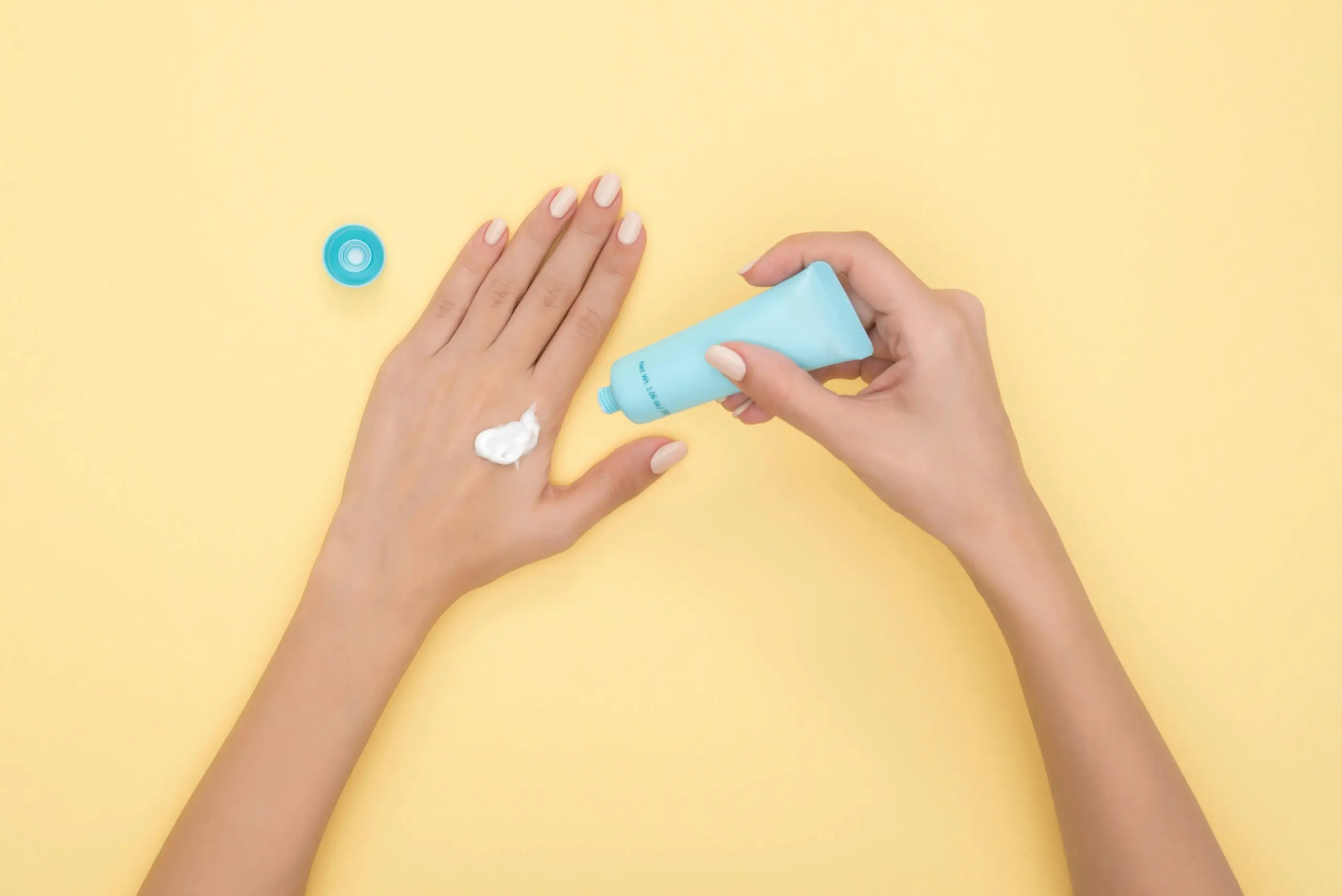For Australians, applying sunscreen is a daily habit. But how safe is it? Former cricket captain Michael Clarke, recently treated for skin cancer on his nose, knows the stakes all too well.
“Skin cancer is real! Especially in Australia. Another one cut out of my nose today. A friendly reminder to get your skin checked,” Mr Clarke posted on Wednesday. His journey with the disease began in 2006.
“To me, making sure I am putting sunscreen on so [my daughter] can see it is not just me getting her to do it, it is dad doing it as well,” he told later.
Australians face a complicated relationship with the sun: two out of three are expected to be diagnosed with skin cancer during their lifetime. Public health messaging such as “Slip, Slop, Slap” competes with a culture that often idolises tanned skin. The Cancer Council’s long-running SunSmart campaign urges people to “Slip on a shirt, Slop on sunscreen, and Slap on a hat” to reduce skin cancer risk.
However, independent analysis by a trusted consumer advocacy group has now found that several of Australia’s most popular, and expensive, sunscreens are not providing the protection they claim to.
In July, tested 20 widely-used sunscreens in accredited laboratories during which 16 of them failed to meet their SPF claims. Ultra Violette’s Lean Screen SPF 50+ Mattifying Zinc Skinscreen, a facial product heavily relied on, returned an SPF of just 4, as per the report.
A second independent test by the institute in a different lab in Germany confirmed the same result.
Other products from Neutrogena, Banana Boat, Bondi Sands, and Cancer Council also failed SPF claims, though the brands disputed Choice’s findings.
SPF, or Sun Protection Factor, is a measure of how well a sunscreen protects your skin from UVB rays, which are the main cause of sunburn and contribute to skin cancer.
Choice called for further scrutiny of the sunscreen industry. “It is clear that there is a serious issue in the Australian sunscreen industry that urgently needs to be addressed,” said Rosie Thomas, Choice director of campaigns, as per the .
Ultra Violette recalled Lean Screen after inconsistent results were confirmed across multiple labs. “We are deeply sorry that one of our products has fallen short of the standards we pride ourselves on and that you have come to expect of us,” the brand said on August 22.
Customers said the scandal raises questions on the industry overall.
“‘A refund isn’t really going to reverse years of sun damage, is it?” one user said on social media in response to Ultra Violette’s statement, according to Metro.
Another wrote: ‘People have been relying on your sunscreen and trusting it. A simple refund isn’t good enough.’
Choice’s report on sunscreen failures has also intensified a debate over the reliability of SPF testing and sunscreen regulation in Australia.
Like Michael Clarke, many Australians live with heightened awareness of skin cancer. Rach, a 34-year-old mother from Newcastle, grew up “terrified of the sun” ,yet still developed a basal cell carcinoma last November.
“I was just confused, and I was a little bit angry because I was like, ‘Are you kidding me?'” Ms Rach told the BBC. “I thought I’d done all the right stuff and it still happened to me.” Her frustration grew when she learned that the sunscreen she relied on offered far less protection than advertised.
Michelle Wong, cosmetic chemist and founder of Lab Muffin Beauty Science, explained that skin type, environmental conditions, and application technique can affect SPF results.
According to BBC, she said the most important thing we can do when choosing a sunscreen is actually wear enough of it. She advised a full teaspoon at least for each part of your body, face included. She added that sunscreen should be reapplied every two hours and combined with shade and protective clothing.
The Therapeutic Goods Administration, Australia’s regulatory authority for medicine, is reviewing sunscreen ingredients for safety, particularly homosalate, oxybenzone, and benzophenone, proposing reformulation requirements to meet high safety standards, as per .
The Australian Competition and Consumer Commission has taken legal action against Edgewell Personal Care over alleged misleading “reef-friendly” claims.
